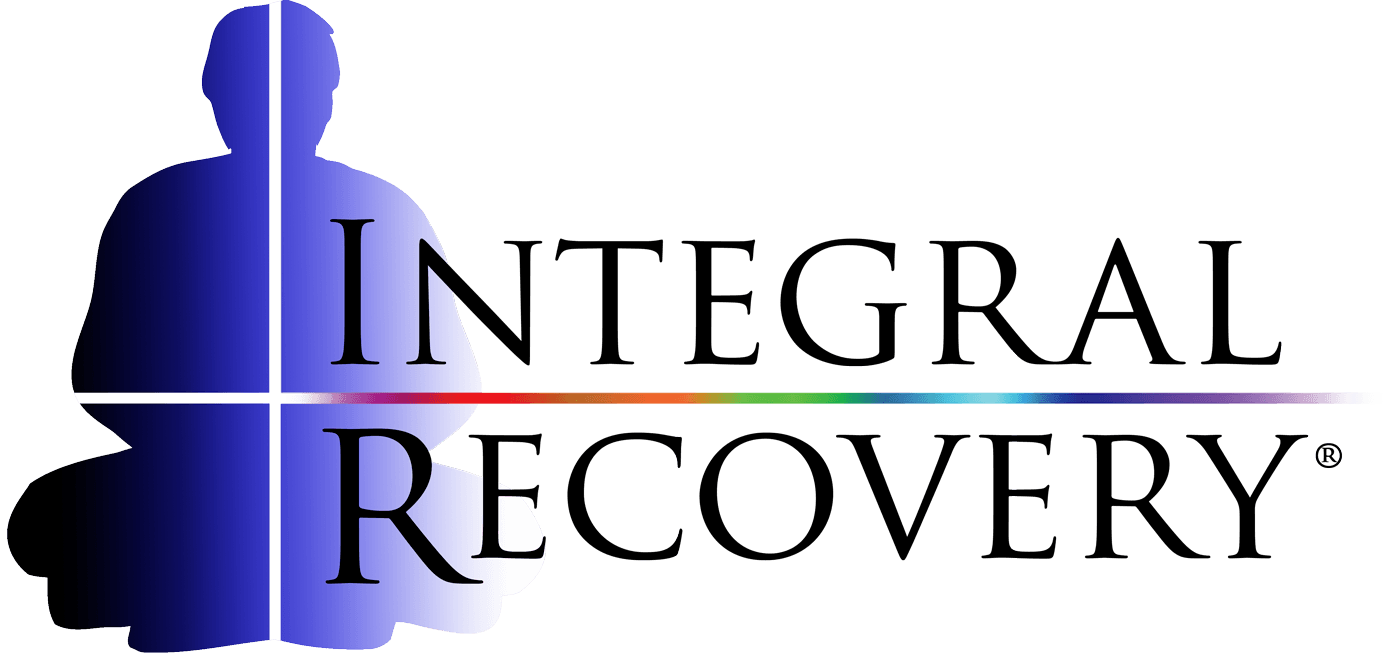Practice for Practice’s Sake
Every day you may make progress. Every step may be fruitful. Yet there will stretch out before you an ever-lengthening, ever-ascending, ever-improving path. You know you will never get to the end of the journey. But this, so far from discouraging, only adds to the joy and glory of the climb. ~ Sir Winston Churchill
Buddha himself, the paragon of yogis, taught the greatest motivation in awakening energetic effort is the mental factor of interest, without which it is very difficult to continue doing anything. When something appears to be meaningless, don’t we easily feel enervated, bored, and ready to quit, finding any number of plausible reasons (or even flimsy excuses) to be able to do so? I myself have noticed that when I am bored or simply disinterested, I fall asleep at an early hour, almost anywhere; on the other hand, if I am passionately engaged, fascinated, challenged, inspired, in danger, or required by some emergency to maintain alertness and presence of mind, it is relatively easy to stay up all night. Therefore, intentionally raising the interest factor, spiritually speaking, is the best way to arouse, maintain, and further develop the inner energy necessary for persistent effort and significant accomplishments, whether worldly or spiritual. ~ Lama Surya Das
If AQAL is the map that illuminates the journey, then our Integral Life Practice becomes the landscape itself. So what is it actually like to be on this journey? Is it a yellow brick road from here to enlightenment (or full recovery)? Probably not. We need to remember that the path contains highs and lows, twists and turns, uphill climbs, and yes, definitely, open roads and beautiful vistas. It bears repeating, and repeating often: Integral Recovery is a life-long practice—a journey to self-mastery. The process is characterized by what evolutionary scientists call “punctuated equilibrium.” That means relatively long plateau periods (the “equilibrium” part), interrupted by powerful transformational leaps to higher levels of development (the “punctuated” part). It’s important to understand the dynamics of mastery and apply them to our Integral Recovery practice, so that we do not become attached to the transformational climaxes. This would just be another addictive pattern, leading to failure when expectations are not met. Mastery simply means staying on the path. Let me repeat that. Mastery does not mean having great and wonderful experiences all the time (although these will certainly occur over time)—rather, it means that we just keep doing our practices, that we keep growing healthier and evolving, whatever our experiences happen to be. We should not even practice “with patience,” for that would imply that we’re waiting, waiting, patiently waiting for some big experience. Rather we should practice for practice’s sake—let the journey itself be the goal. In a talk I attended recently with Zen teacher Diane Musho Hamilton, she stated that there were five reasons to practice meditation (in this case, Zen, but the same points apply to almost any meditative practice):
- For all the physiological benefits of meditation: improved bio-balance in the body and brain, stress reduction, lower blood pressure, and so on. The stuff that is highlighted in the popular press about meditation and its health benefits, including the “relaxation response.”
- To increase mental focus.
- Self-realization. Or as Zen practitioners describe it as “remembering your Original Face.”
- To increase compassion. That is, to break down the walls and structures that keep us hostile and insensitive toward others, and that keep our species at war with itself.
- And lastly, because that’s what Buddhas (or “awakened ones”) do.
All of these reasons to practice meditation apply to our Integral Recovery work. We practice to become healthy. We practice to sharpen our mental clarity. We practice as an expression of who we are—and who we can be. We practice because it’s the compassionate thing to do—for ourselves, our loved ones, and the world at large. And finally, we practice because that’s just what people who are truly in recovery do. It’s important not to see Integral Recovery as a quick fix, but as a reordering of our understanding of life—indeed, as a PRACTICE of LIFE, as self-mastery in the service of the Good, the True, and the Beautiful. There is nothing wrong with enjoying the fruits of an ILP—feeling better in our bodies, getting free of the past, increasing our intelligence, creativity, and so on. But during the plateau times, what keeps us going? The intrinsic joys of practice itself.
